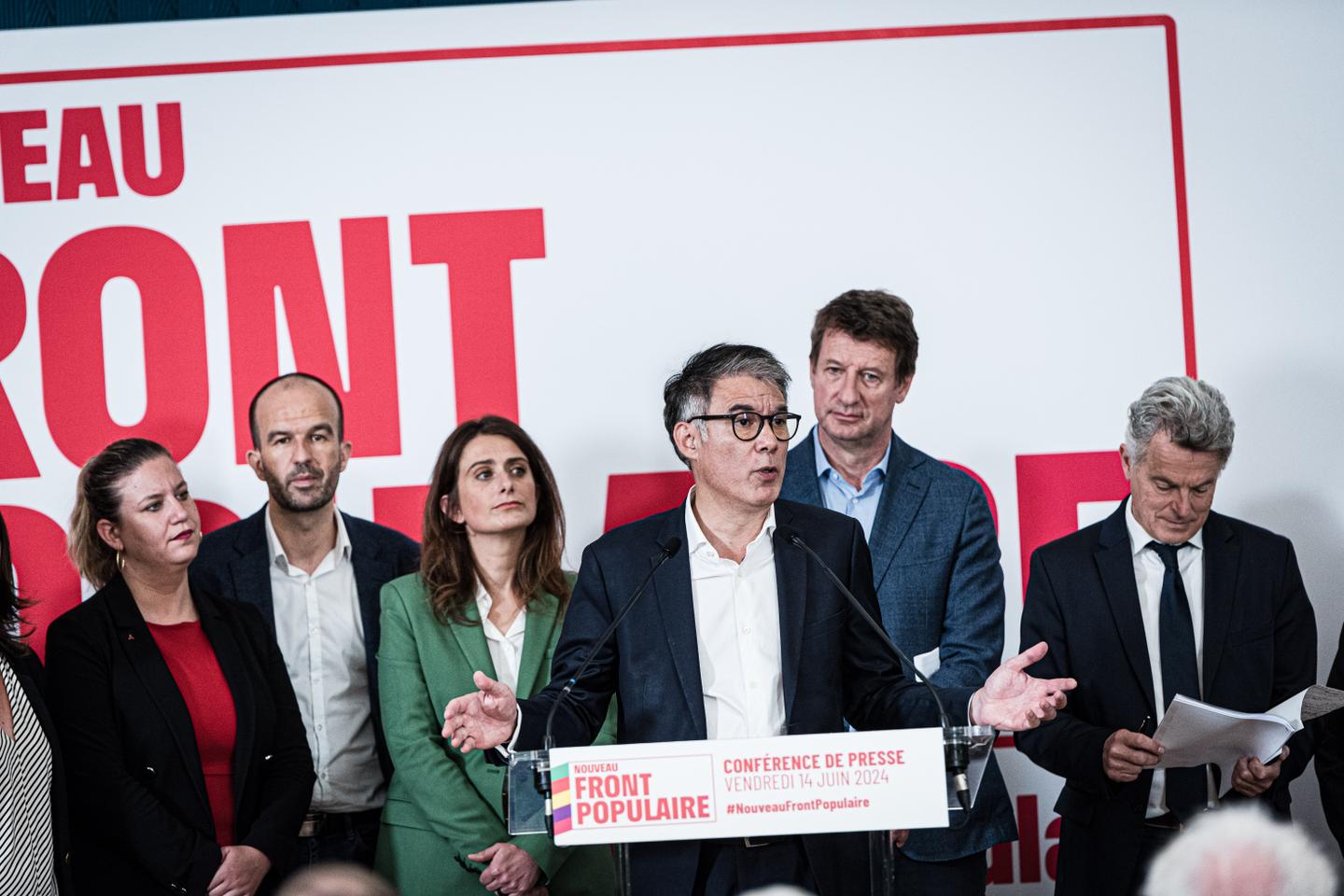


The strength of the "republican front" has put the left back in the saddle. This is only fair, as it played a major role in the efficient barrage that was formed against the far right between the two rounds of the snap parliamentary elections. With clear instructions, left-wing voters played their full part in relegating Marine Le Pen's far-right party to third place. Eight days earlier, that party had believed itself to be on the brink of seizing power, only to come up against a glass ceiling that was much more resistant than expected.
The time for rejoicing was short-lived, however, as the left, hemmed in by a highly complex political situation where three blocs face each other with none having a clear majority, has to settle three issues that affect its direction, threaten its unity and condition its ability to make an impact in the years to come. Is it ready to govern? If so, what line should it adopt? And with which partners?
If everything were proceeding normally on the French political scene, there would be no need to ask such questions: Having come out on top in the second round of elections on Sunday, July 7, the left should already have put forward a candidate for a prime minister capable of representing its interests. It should already have put the most iconic measures of its legislative project on the table. It should already have set out in search of allies, in the hope of exerting maximum pressure on President Emmanuel Macron, who, weakened by a dissolution that has reduced his troops and created resentment, may find himself forced to adopt a much more parliamentary approach to conducting the country's affairs.
Major differences
The difficult situation in which the left finds itself reflects its great weakness: It has not taken advantage of its seven years in the opposition to prepare itself to govern, and even less to govern in times of crisis. Its legislative project, hastily drawn up in June to reunite its various components – which had been scattered and divided by the European elections – under the banner of the Nouveau Front Populaire (NFP), is a collection of more or less radical measures which, taken together, represent at the very least some €150 billion in new spending, partly financed by tax increases: Setting the retirement age at 60, raising the minimum wage to €1,600 after taxes, freezing the price of basic necessities, etc.
The strong references to the Front Populaire (an interwar left-wing alliance), May 10, 1981 (when the left first won a presidential election); and the years of a left-wing government under Lionel Jospin were made to galvanize supporters, not to gain power. On Sunday evening, major differences of interpretation had emerged within the coalition: Jean-Luc Mélenchon, leader of the La France Insoumise (LFI, radical left) party, called for the full implementation of the NFP platform and demanded the president's resignation if he was not heard. Conversely, Raphaël Glucksmann, the lead candidate backed by the Socialists in the EU elections, stressed a position of compromise, in an attempt to overcome the absence of an absolute majority, though without setting out any specific proposals.
You have 48.53% of this article left to read. The rest is for subscribers only.
